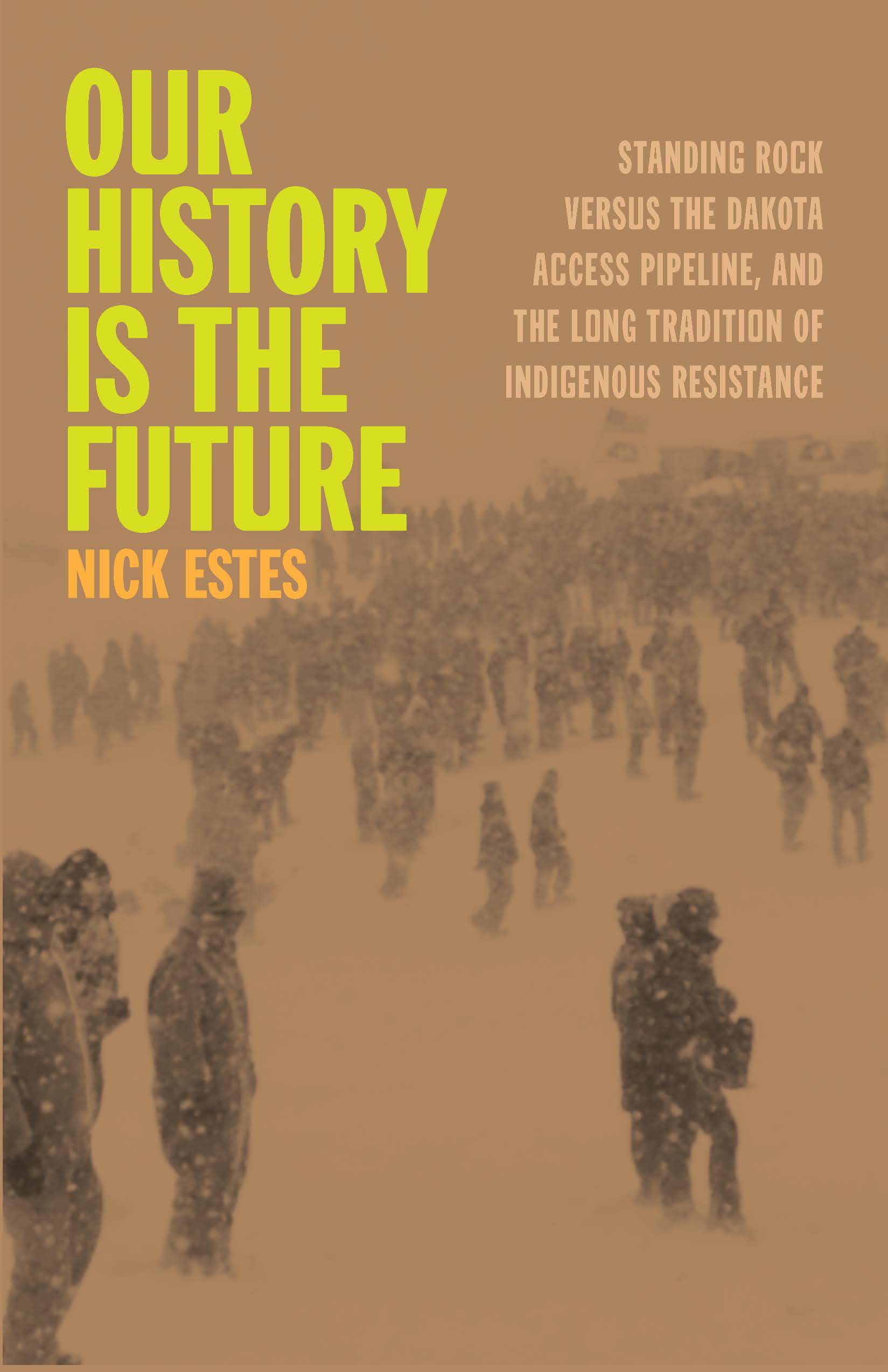Introduction
Are you looking for a book to read? In this guide you will find a selection of new books that were added to the Pardee Library collection over the past few months, both in print and as eBooks.
The print books can be found on the 3rd floor of Pardee Library on the Book Display shelves, near the front entrance and in the Periodicals area. You are welcome to browse the print books and borrow whichever books you like, by checking them out at the Services Desk. Books currently on display can also be borrowed. Click on the book titles or jacket images for more details about each book and to see if they are currently available to borrow.
If you want to look up a book by subject or title, use the advanced search feature of BU Libraries Search to find books or eBooks on the topic of your choice. Enter your search terms into the search box and select "Books/eBooks" as the material type.
Native American Heritage Month
November is Native American Heritage Month, a time to celebrate rich and diverse cultures, traditions, and histories and to acknowledge the important contributions of Native people. Heritage Month is also an opportune time to educate the general public about tribes, to raise a general awareness about the unique challenges Native people have faced both historically and in the present, and the ways in which tribal citizens have worked to conquer these challenges.
Source: National Congress of American Indians
For more information, please see these websites:
Featured Reading: Native American Heritage Month

The Iron Horse in Indian Country: Native Americans and Railroads in the US West
Location: Online
Shows how Indigenous Americans across the trans-Mississippi West actively engaged with western railroads, not simply as passive bystanders to and victims of railroad expansion and dispossession as they have traditionally been cast. Foregrounding the hidden histories of Native entanglements with the Iron Horse between the 1850s and 1930s, Alessandra La Rocca Link reveals how they played central roles as guides, passengers, entrepreneurs, wage-earners, and tribal citizens. Even as railroad-driven settler colonialism brought disease, economic displacement, and dispossession to Indigenous communities, Native peoples turned the railroad into a literal and figurative vehicle of survival, appropriating and repurposing this novel technology to establish themselves as decisive actors in a modern world.

The Rise of Indigenous Economic Power: Deconstructing Indian Act Economics
Location: Online
In this groundbreaking new work, Carol Anne Hilton, author of the bestselling Indigenomics, explores the phenomenon of growing Indigenous economic power and sovereignty, achieved despite monumental historic injustices. The Indigenous economy in Canada is on track to exceed $100 billion. Yet full Indigenous participation at the economic table is still fundamentally lacking, due in large part to the inherently colonial and racist policies of the Indian Act. Hilton deconstructs these systemic barriers and maps an ethical way forward based on radical inclusion and Indigenomics in action. Required reading for Indigenous organizations, Nations, and allies; business leaders and investors; lawyers and policymakers; governments at all levels; and everyone interested in reconciliation, decolonization, and building a just, prosperous, and inclusive society.

Our History is the Future: Standing Rock versus the Dakota Access Pipeline, and the Long Tradition of Indigenous Resistance
Location: Online
Nick Estes provides a comprehensive account of Indigenous resistance, focusing on the struggle against the Dakota Access Pipeline at Standing Rock. The book contextualizes this movement within a broader historical framework of Native American resistance to settler colonialism and capitalism. Estes incorporates elements of history, manifesto, and memoir to highlight the enduring fight for Indigenous sovereignty and environmental justice. The narrative underscores the historical continuity of Indigenous activism and offers a vision for future liberation. It is intended for activists, scholars, and readers interested in Indigenous studies, environmental justice, and political economy.
User Services Coordinator


